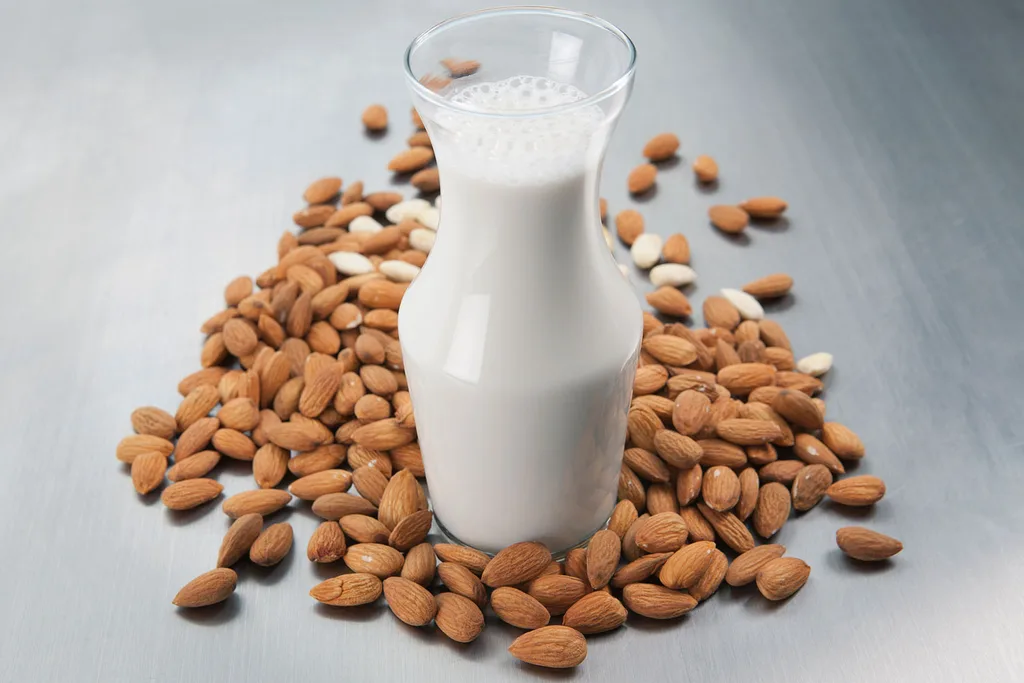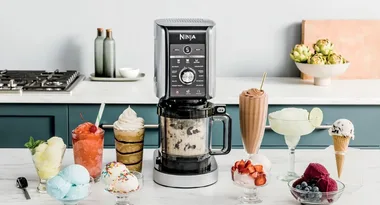Why does almond milk curdle in coffee?
Almond milk curdles in coffee because of the heat and acidity of the black coffee.
The protein in the almond milk coagulate when they come into contact with the acid of the coffee. This chemical reaction happens so obviously (i.e. the splitting of your milk) because of the big temperature difference in hot coffee and cold almond milk. Most non-dairy or plant-based milks curdle in the same way. Dairy milk on the other hand doesn’t curdle in coffee despite a temperature difference because it has a very low acidity and doesn’t react with the coffee. If dairy milk does curdle, this means it is about to go off and the bacteria has started producing extra acid. Baristas are able to use almond milk when making your favourite flat white because they heat their milk and have access to barista grade milks that have stabilisers (such as vegetable gum) to them, a higher concentration of almonds, and may have been altered to have lower acidity by altering calcium levels.
How to stop almond milk curdling
If you love almond milk coffee and want to prevent curdling, there are several ways to do it:- 1. Heat the milk and let the coffee cool so they’re more similar in temperature. This may stop the almond milk from splitting.
2. Mix a little coffee with your almond milk before adding the rest of the coffee. This will also make them more even temperatures and help stop splitting.
3. Use coffee with low acidity. Dark roasts and coffee beans grown at lower altitudes are usually lower in acid.
4. Get a barista to make it! Baristas have access to almond milk that is specifically designed to not split when mixed with coffee. One brand of barista grade almond milk is MILKLAB almond milk.
What is almond milk exactly?
Almond milk is a non-dairy, plant-based milk made from mixing almonds (usually ground in a blender) with water, and then straining the sediment. It has a light, nutty and almost sweet taste that is much thinner than full-cream dairy milk because of the water content. 10 years ago few people had heard of almond milk (although it has been around since the middle ages!), but now you can get it at every cafe on the corner. Its popularity is due to a rise in veganism and lactose intolerance, and a growing coffee culture that demands variety. People may prefer almond milk for lifestyle reasons (i.e. they are vegan), dietary reasons (i.e. they’re lactose intolerant or unable to drink soy milk), or they may simply like the taste.










